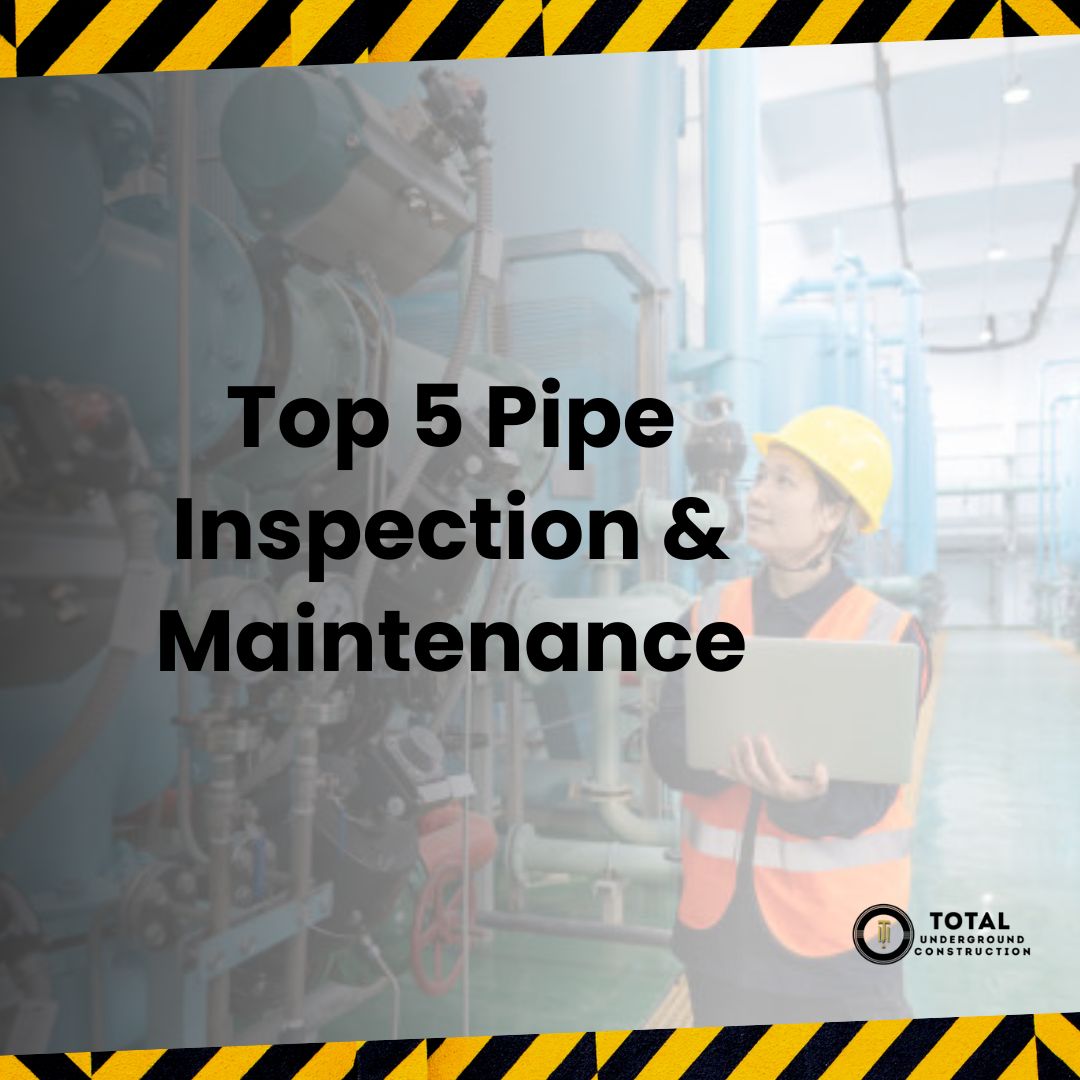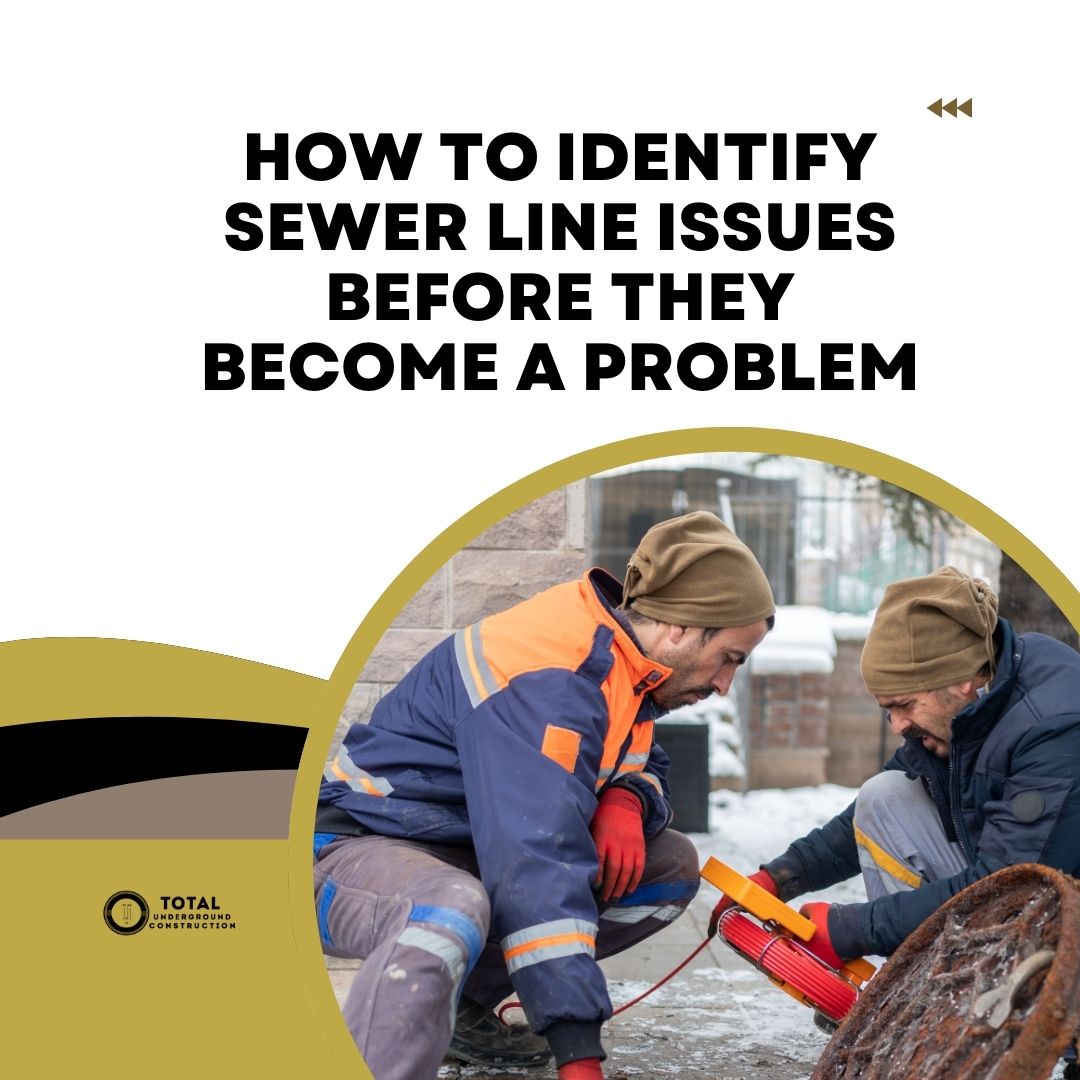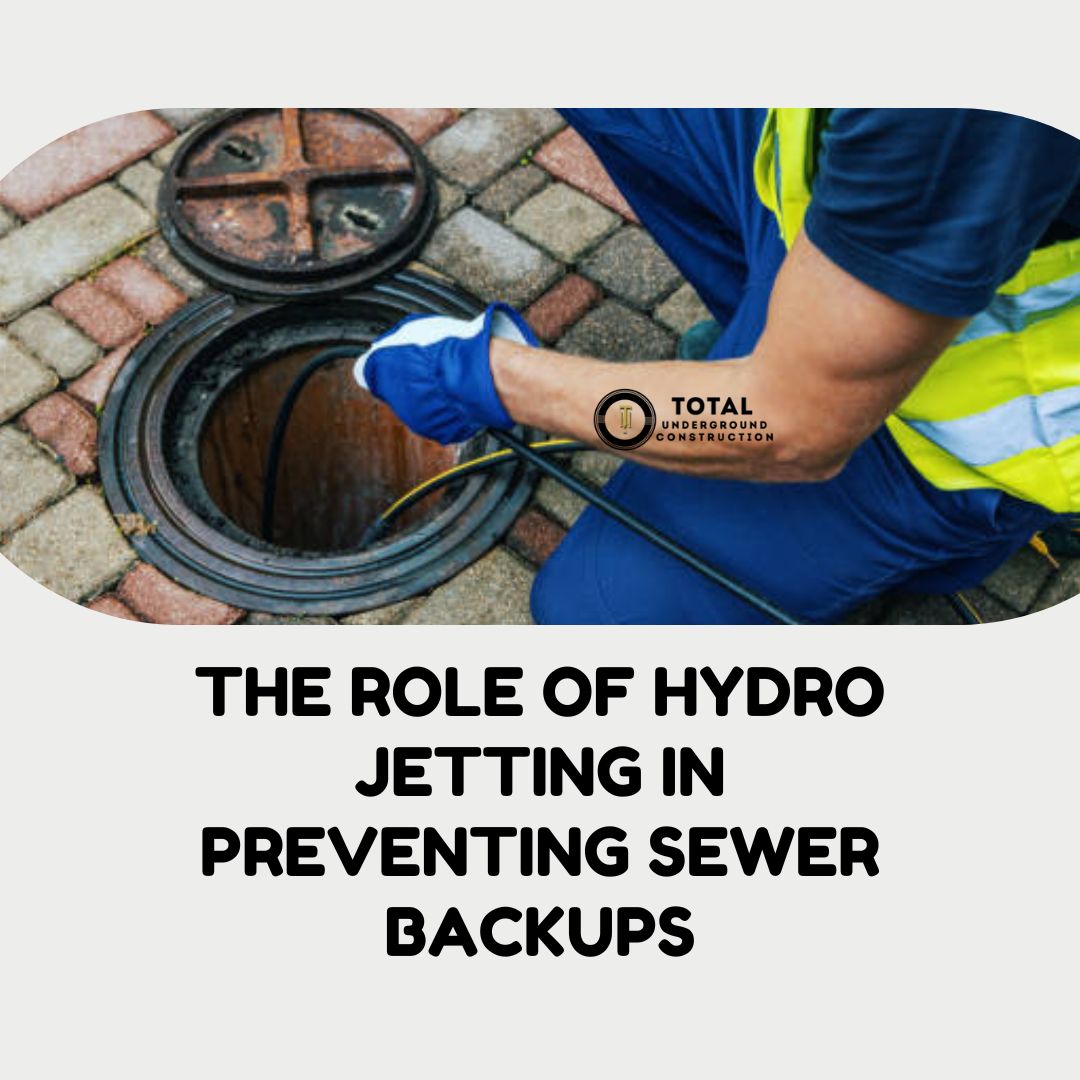Although the number of home fires has reduced significantly over the last four decades, the impact has increased due to the use of synthetic materials in construction.
Fire sprinkler systems can reduce death rates and destructions by 81% and 58%. As NFPA puts it, fire sprinklers buy time, and time buys lives. But what is the cost of a residential fire sprinkler system? This blog post breaks down all the costs of these fire extinguishing systems and their add-ons. Let’s get started.
In this blog post, we will go through
- Cost of Home Fire Sprinkler System
- Elements of Fire Sprinkler Systems and Their Costs
- Is DIY a Good Option for Residential Fire Sprinkler Installation?
- Conclusion
Cost of Home Fire Sprinkler System
The average cost of a residential fire sprinkler system is $750 (between $250 and $1,500). The amount is about 1% of the home value for 24/7 fire protection. For newly constructed buildings, the cost is lower because it is easier to integrate the system, unlike in high-rise and existing properties.
Here is a breakdown of the costs of the residential fire sprinkler systems per square foot for different types of buildings.
| Average Cost per Sq. Ft. | |
| New Homes | $0.50-$3 |
| Existing Building | $2-$7 |
Your choice of design also affects the overall cost of the fire sprinkler system. Standalone sprinklers cost between $4 and $7 per square foot, which is higher than $2-$6 for a multi-purpose design. The latter doesn’t require a dedicated set of pipes, making it more affordable.
Elements of Fire Sprinkler Systems and Their Costs
The type and brand of products you use to install a fire sprinkler system can significantly affect the cost. Let’s look at different elements of the system and the average price of each.
1. Sprinkler Heads
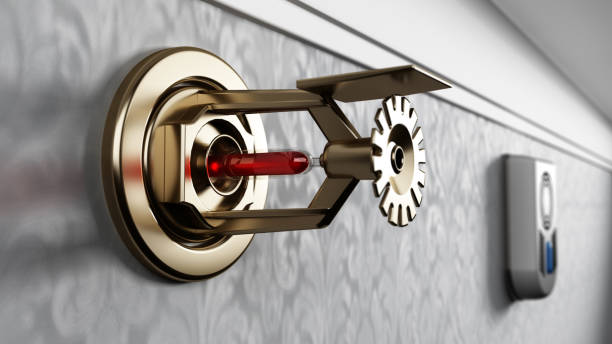
Every room needs one or two sprinkler heads, depending on the size. The price of a standard fire sprinkler is around $10. So, if your house has 5 rooms, you will need 5 to 10 sprinkler heads, which costs $50-$100. Smart fire sprinklers are more expensive because of the additional technology.
2. Alarm Valve
A fire alarm valve prevents water flow from the supply to the fire pump room and opens during a fire outbreak. The price of a fire alarm valve is between $40 and $100. A standard home requires one or two alarm valves, costing $80-$200.
3. Pipes
The material is the primary determinant of the cost of pipes for a residential fire sprinkler system. Plastic pipes are the most affordable, while copper is the most expensive but durable option. The table below shows the cost of different materials:
| Cost per Sq. Ft. of Covered Area | |
| Plastic | $1-$2 |
| Copper | $3-$4 |
| Mix | $2-$3 |
You can combine the two types of pipes to reduce the project’s total cost. Copper is ideal for uncovered basements, pavements, and attics.
4. Pressure Gauge
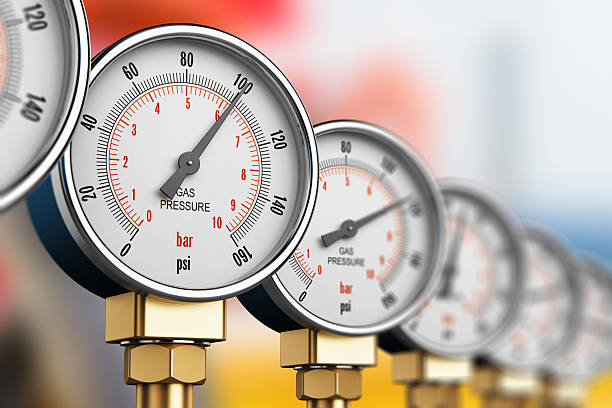
As the name suggests, these devices are used to measure air or water pressure in a fire sprinkler system. The price of a pressure gauge is around $30. You only need one pressure gauge for a residential fire sprinkler system.
5. Alarm Devices
On average, the price of a fire detection device and alarm is $10 to $50 per unit. Cost can be higher for devices with carbon monoxide detection technology and smart integration. The NFPA recommends a smoke detector on every floor of a building for prompt system response to house fires. So, the devices take up $50-$150 of your installation budget.
6. Backflow Preventers
If you are using municipal water supply, most require the installation of backflow preventers to avoid contamination of the public water system. You can get the devices for less than $100 and only need one.
7. Other Add-ons
Beyond the fire suppression, you might want to boost your mitigation measures by installing other add-ons. Here are some of the items you can consider and their prices.
| Cost per Unit | |
| Fire blanket | $10-$30 |
| Fire extinguisher | 20-$100 |
| Storage tank | $500-$5,000 |
| Fire hose reels | $200-$500 |
| Escape ladder | $40-$200 |
Although these add-ons are not mandatory, they can boost disaster preparedness and lower insurance premiums.
Is DIY a Good Option for Residential Fire Sprinkler Installation?
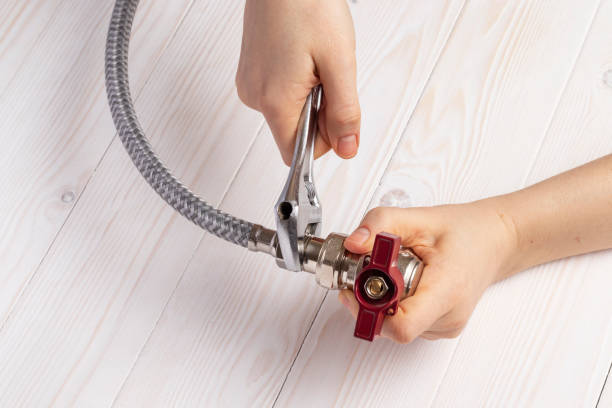
The complexity of residential fire sprinkler systems necessitates contracting certified professionals for installation or repairs. The National Fire Association requires homeowners to hire professionals to give permits. You should also understand local regulations that govern the installation of fire suppressors.
Unless you have experience in electrical, alarm, and plumbing system installation, you should avoid DIY. Do-it-yourself puts your property at risk and can also void your insurance claims.
Conclusion
When installing a fire sprinkler system in your home, you should get an estimate from the service provider to avoid unforeseen expenses. The cost can vary between projects depending on the type of material, design, size of the property, and risk exposure.
At Total UC, we help you keep your residential property safe from fires by installing reliable fire sprinkler systems. We also provide inspection and maintenance services to keep the fire sprinklers in optimal working condition. Get in touch with us today for a customized design that aligns with your objectives.

